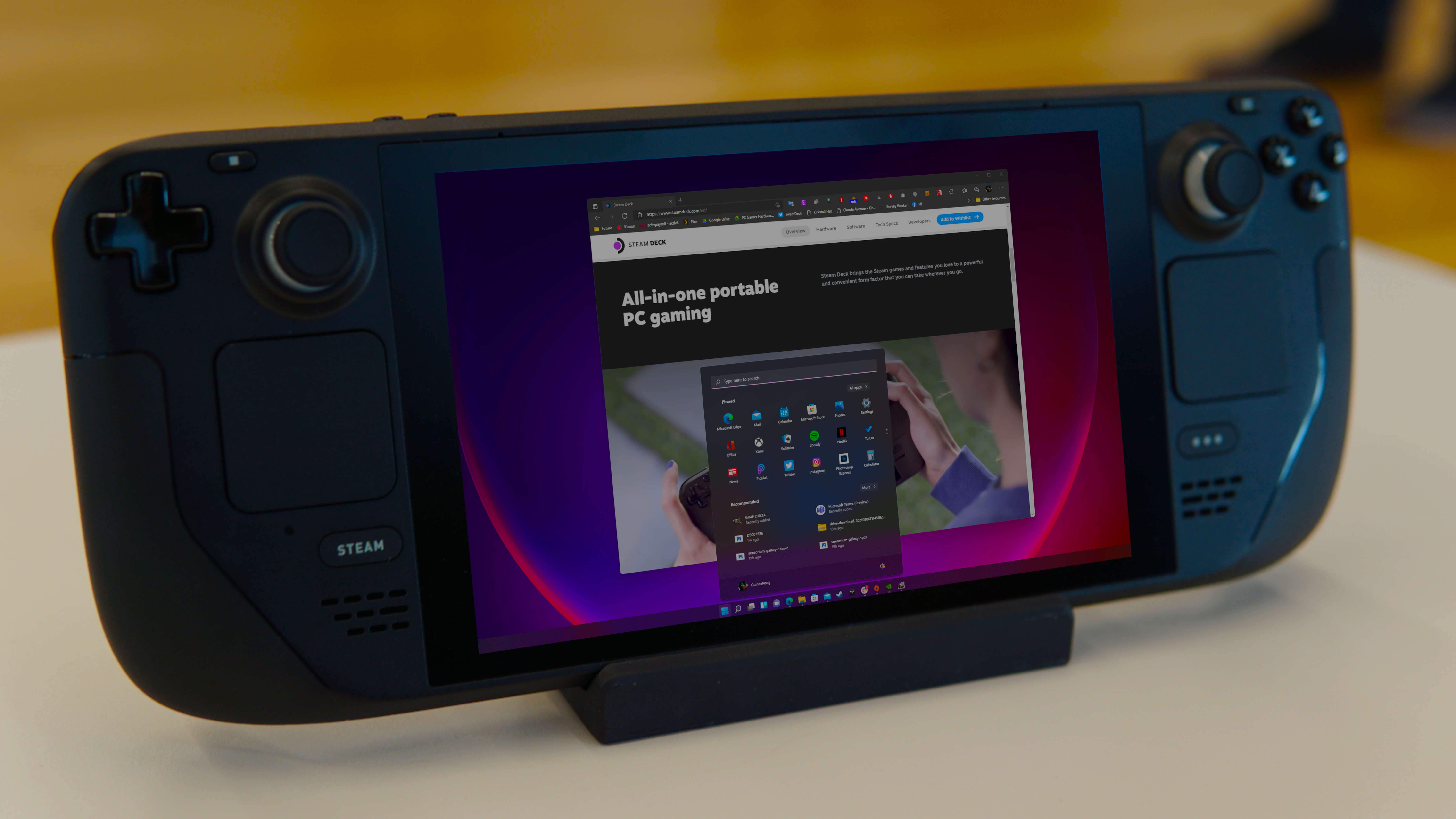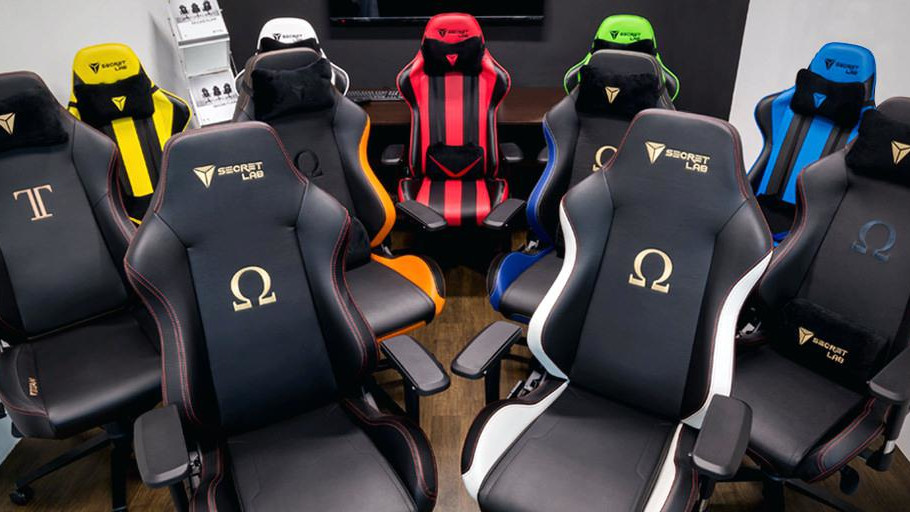Valve is working with AMD to ensure Steam Deck is chill with Windows 11
"There's work looking at TPM just now... and there's nothing to indicate to us yet that there'll be any issues with Windows 11."

Valve has told us there is nothing it's seen in the development of the Steam Deck that suggests it won't be compatible with Windows 11 at launch.
That might seem like a given, seeing as it's already spoken about the current generation of Windows OS being functional on Valve's upcoming handheld gaming PC, but there have been a host of potential compatibility issues cropping up since Microsoft announced the next-gen version of Windows.
Most significantly the confusion around what version of the Trusted Compatibility Module (TPM) is necessary to get Windows 11 installed on your machine. Microsoft's initial health check tool suggested a great many of our PCs weren't compatible, and it led to a rush on third-party TPM boards.
"There's work looking at TPM just now," Valve Steam Deck designer, Greg Coomer, tells us. "We've focused so much on Windows 10, so far, that we haven't really gotten that far into it. Our expectation is that we can meet that."
But it's not just down to Valve as the makers of the new handheld hardware, it's also something it has been talking about with AMD itself. As the creators of the custom silicon at the heart of the Steam Deck—the Zen 2/RDNA 2 APU—the red team is there to ensure that, at the fundamental level, the new tech is ready for Windows 11.
"It's also a conversation that's going on with AMD," Coomer explains, "to make sure that, at the BIOS level, we can accommodate that. So there's nothing to indicate to us yet that there'll be any issues with Windows 11."
This is good news for anyone wanting to replace the shipping SteamOS 3.0 with Microsoft's new operating system. But, from what we've seen, and from what Valve itself says, I'm personally not convinced that's a route I'd be willing to go down.
The biggest gaming news, reviews and hardware deals
Keep up to date with the most important stories and the best deals, as picked by the PC Gamer team.
If Valve is able to smash its goal "for every game to work by the time we ship Steam Deck," through its work on the Proton/Steam Play compatibility layer, then I'm going to stick with SteamOS.

Best chair for gaming: the top gaming chairs around
Best gaming desk: the ultimate PC podiums
Best PC controller: sit back, relax, and get your game on
In our hands-on time with the Steam Deck itself we've been hugely impressed with how the new SteamOS 3.0 UI looks and feels on the handheld machine. It's a console-like experience that you're going to struggle to emulate on a Windows 11 system.
Maybe Valve will create a Little Picture Mode, specifically for handheld machines that also works outside of SteamOS 3.0, but for now the native Linux operating system that ships with the Deck looks like it will give PC gamers the optimum handheld experience.

Dave has been gaming since the days of Zaxxon and Lady Bug on the Colecovision, and code books for the Commodore Vic 20 (Death Race 2000!). He built his first gaming PC at the tender age of 16, and finally finished bug-fixing the Cyrix-based system around a year later. When he dropped it out of the window. He first started writing for Official PlayStation Magazine and Xbox World many decades ago, then moved onto PC Format full-time, then PC Gamer, TechRadar, and T3 among others. Now he's back, writing about the nightmarish graphics card market, CPUs with more cores than sense, gaming laptops hotter than the sun, and SSDs more capacious than a Cybertruck.

